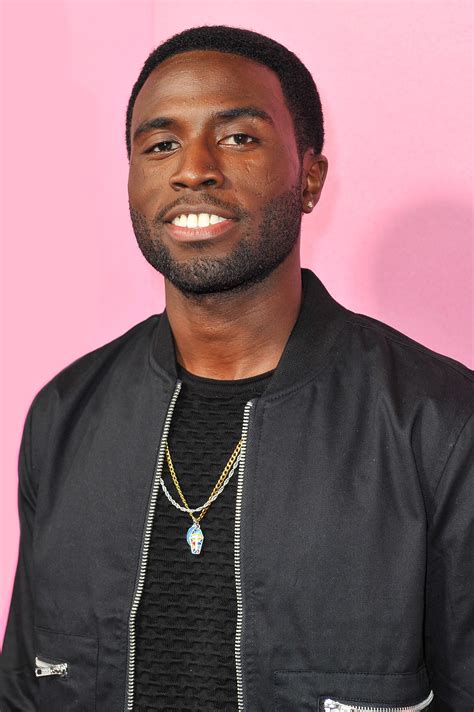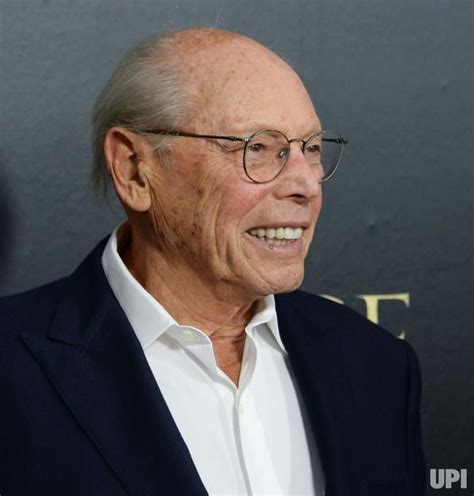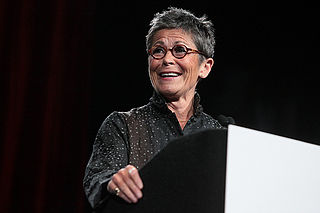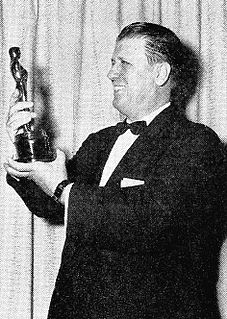A Quote by Rylan Clark-Neal
In 2013, I had to do 'The Wright Stuff' on about an hour's sleep. I was asked, 'What do you make of the situation in Mali?' and I said, 'Well, I've not seen the film but I know the dog dies in the end.' They were talking about the civil war, and the whole audience took an inward breath. I thought, 'Should I not have revealed the end of the film?'
Related Quotes
First, there has been a lot of interest in The Drive-in, but, alas, it hasn't actually come to fruition. Maybe soon. Don really got Bubba and I didn't think it could be a film. I thought it was too odd to make it to film. He asked me to do the screenplay, but I declined. I didn't see that it could be a screenplay but he wrote one and proved me wrong. He was always considerate about what I thought about the film and the story's presentation, but in the end, he's the director and he had to make decisions. All good ones.
Rain Man certainly didn't test really well. If you look at it carefully, you have a disease autism they didn't understand back then, they didn't know in the test audience whether it's okay to laugh or not laugh, because it's a film that's done in a way where, "Well, maybe I'm not supposed to laugh." At the end of the film, Dustin Hoffman gets on the train and doesn't even acknowledge his brother. Not even a glance, nothing. That's why the studio said, "Can't you just have him look at Tom Cruise at the end of the film?"
Well, the film initially - we had decided to pair joy with fear because I don't know about you - for me fear was a major motivator in junior high. So we thought there's probably some good stuff there... As the film went on, we had developed all these great scenes that were really funny, but in the third act, it wasn't adding up to anything.
It makes it very easy. I have a beginning, middle, and end, and I don't film for long - about 20 hours usually for a two-hour film - so it's easily watchable in a week for me and the editor. Once I know who the characters are, I only film those characters, unless somebody else forces their way into the film by a scene happening to them or we meet them by chance.
I met Michael Snow and Stan Brakhage the second day after I arrived, you know. I had never seen or heard of Brakhage. For me, it was a revolution, because I was well educated in film, but American-style experimental film was known to me in the abstract, and I had seen practically nothing. I had seen a film then that Noël Burch had found and was distributing called Echoes of Silence. It was a beautiful film, three hours long. It goes forever and it was in black and white, very grainy, and I saw that film and I thought...it was not New Wave. It was really a new concept of cinema.
I had invited 50 or 60 peers and friends, most of whom were parents, to see the film [Trust], and I asked about the last scene. It was interesting because it was split right down the middle, 50/50. About half the audience wanted it to end with the very emotional scene between Clive and Liana, and that feeling of realization and catharsis. And, the other half were adamant about keeping that last scene.
I hadn't seen 'The Purge' until I was trying to do the research for it. But it was my friends and my cousins, in particular, who came to me not too long before the audition process and asked me if I had seen it. They were talking about how great it was. I was engaged in the opportunity to do the film because of their intrigue with the franchise.
When I said that something was going to cost a certain amount of money, I actually knew what I was talking about. The biggest problem that we were having on the financing front was people with lots of money saying "you need more money to make this film [Moon]," and us saying "no this is the first feature film we want to do it at a budget where we sort of prove ourselves at the starting end of making feature films; we can do this for $5 million." That is where the convincing part between me and Stuart came, we had to convince people with money that we could do it for that budget.
Now that I've seen what war is, what civil war is, I know that everybody, if one day it should end, ought to ask himself: "And what shall we make of the fallen? Why are they dead?" I wouldn't know what to say. Not now, at any rate. Nor does it seem to me that the others know. Perhaps only dead know, and only for them is the war really over.
The first thing I say when people ask what's the difference [between doing TV and film], is that film has an ending and TV doesn't. When I write a film, all I think about is where the thing ends and how to get the audience there. And in television, it can't end. You need the audience to return the next week. It kind of shifts the drive of the story. But I find that more as a writer than as a director.



































